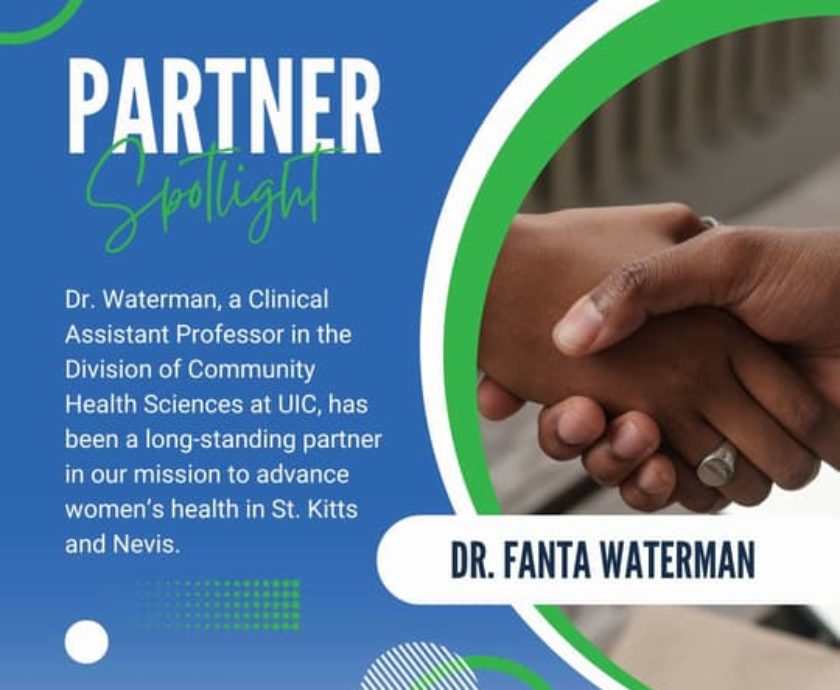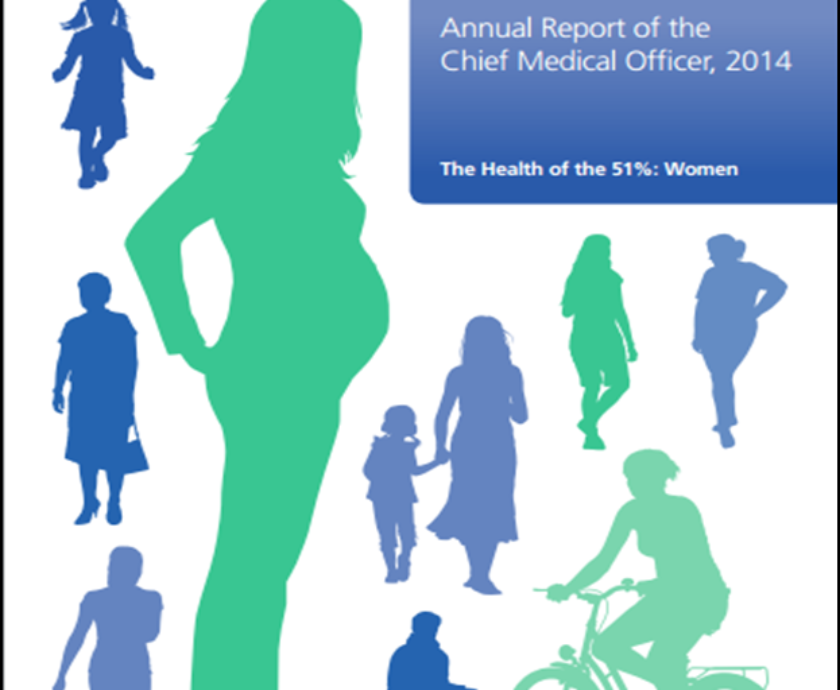On October 25th, 2023, we hosted The Sweet Talk Symposium in Nevis, a youth-led initiative, which represented a significant milestone in the fight against Non-Communicable Diseases (NCDs). This groundbreaking event brought together young individuals and policymakers to engage in a crucial dialogue on addressing NCDs through the lens of healthy food policies. This remarkable event exemplified the power of youth advocacy in driving change and innovation in the field of public health.
The Sweet Talk Symposium was the brainchild of Ms. Shyra Wattley, our Youth Health and Legal Advocate, who secured a well-deserved grant from the Healthy Caribbean Coalition’s ‘Caribbean Youth Voices in Health Advocacy Spaces Small Grant Programme.’
At its core, the symposium aimed to foster an intergenerational dialogue that included young individuals and high-level policymakers. Specifically, the Symposium brought together students from Gingerland Secondary School, Nevis Sixth Form College, and Charlestown Secondary School. These young voices were joined by prominent policymakers and stakeholders, ensuring a well-rounded and comprehensive conversation on vital topics related to NCDs.
Key Objectives of the Symposium
The focus was clear: addressing the growing NCD crisis in St. Kitts and Nevis through comprehensive healthy food policies. In a world where NCDs pose an ever-increasing threat to health and wellbeing, especially in the Caribbean region, the symposium’s mission was both timely and critical.
The central theme of the symposium was the implementation of sugar-sweetened beverage (SSB) taxation and other related food and nutrition policies such as front-of-package warning labels and a school nutrition policy. The event offered a platform for meaningful engagement, knowledge sharing, and the development of strategies to address the growing health crisis.
Introducing young people to the world of healthy food policies, the challenges we face with their implementation and the steps that are being taken to overcome these challenges were our distinguished speakers and panelists. They provided some excellent insight into these policies and the work that is needed to ensure their success.
Our lineup of speakers included:
- Jahnel Nisbett, Minister for Health, Nevis.
- Shelisa Martin-Clarke, Permanent Secretary, Ministry of Health, Nevis.
- Nadine Carty, Director, Health Promotion Unit, Nevis.
- Colin Dore, Permanent Secretary, Ministry of Finance, Nevis.
- Patrick Martin, Health Advisor to the Prime Minister.
- Florelle Hobson, Medical Chief of Staff, Alexandra Hospital, Nevis.
- Oriel Tatem, a young person living with an NCD.
- Yakima Cuffy-Bazil, Poet, and Attorney-at-law.
- Fitzroy Warner, a dialysis patient.
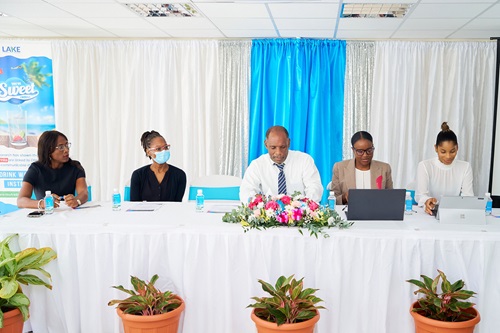
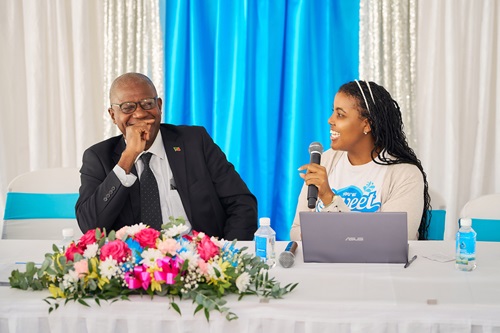
Youth Advocacy and the Fight Against NCDs
Engaging young people in the process of developing healthy food policies to tackle Non-Communicable Diseases (NCDs) is of paramount importance for several reasons. These emerging voices bring fresh perspectives and innovative solutions to the table, making them essential agents of change. In a world where the food industry is constantly evolving, the ability of young advocates to think creatively and challenge the status quo can lead to the development of novel and effective strategies for addressing NCDs.

Furthermore, young individuals are not just stakeholders for the present but also for the future. Their involvement in shaping healthy food policies ensures a long-term perspective. As they will bear the consequences of today’s policy decisions, their active participation is vital for creating policies that have a lasting positive impact on public health and wellbeing.
Young advocates are often adept at using modern communication tools and platforms, making it easier to disseminate information and engage with their peers. They can bridge the gap between policymakers and the general public by effectively communicating the importance of healthy food choices and NCD prevention.

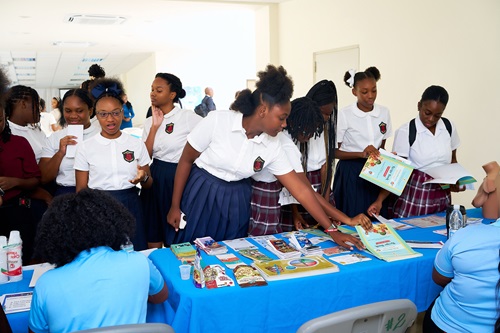
Moreover, young advocates can play a crucial role in encouraging lifestyle changes. They can influence their peers and raise awareness about the importance of adopting healthier eating habits. Their relatability and ability to connect with their generation make them effective messengers of change. By engaging young voices, we not only create a sustainable future but also cultivate a culture of health that benefits generations to come. Their passion, enthusiasm, and commitment can be the driving force behind healthier communities and a brighter future for St. Kitts and Nevis.
It is extremely important to bring young people into these conversations because NCDs such as heart disease, diabetes, and cancer, present a significant threat to the sustainability of our nation and thus to the future that young people will inherit. With over 80% of deaths in St. Kitts and Nevis being attributed to NCDs, the burden of NCDs extends beyond individual health, affecting our healthcare system, economy, and overall wellbeing.
Evidence-based NCD policies are essential for crafting effective strategies to combat these diseases. The Sweet Talk Symposium showcased the commitment of St. Kitts and Nevis to finding solutions to this pressing issue. By engaging young people and policymakers, the symposium contributed to supporting the development of informed, data-driven, and impactful policies.





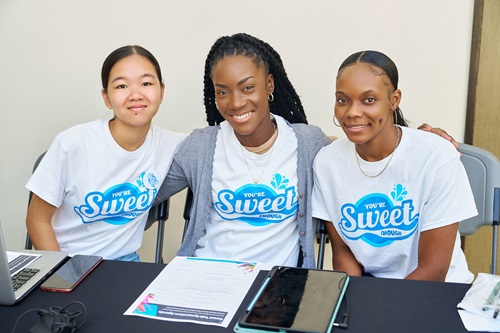
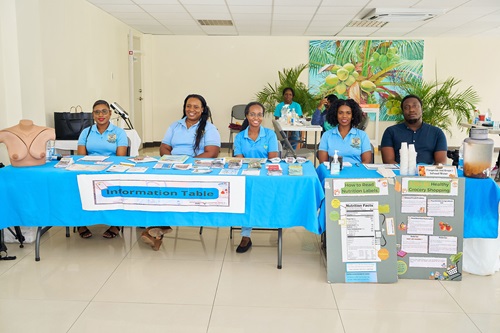

Conclusion
The Sweet Talk Symposium served as a powerful testament to the potential of youth advocacy and intergenerational dialogue in tackling NCDs through healthy food policies. It emphasised the critical importance of informed policies to ensure the sustainability and well-being of St. Kitts and Nevis. The event’s success heralds a promising future where the voices of the youth are integral in shaping healthier, more resilient communities.
As we move forward, it is essential to remember that the fight against NCDs is a collective effort, and events like the Sweet Talk Symposium play a pivotal role in bringing about positive change. The commitment of young advocates, policymakers, and stakeholders offers hope for a healthier, more sustainable future for the Federation of St. Kitts and Nevis.









